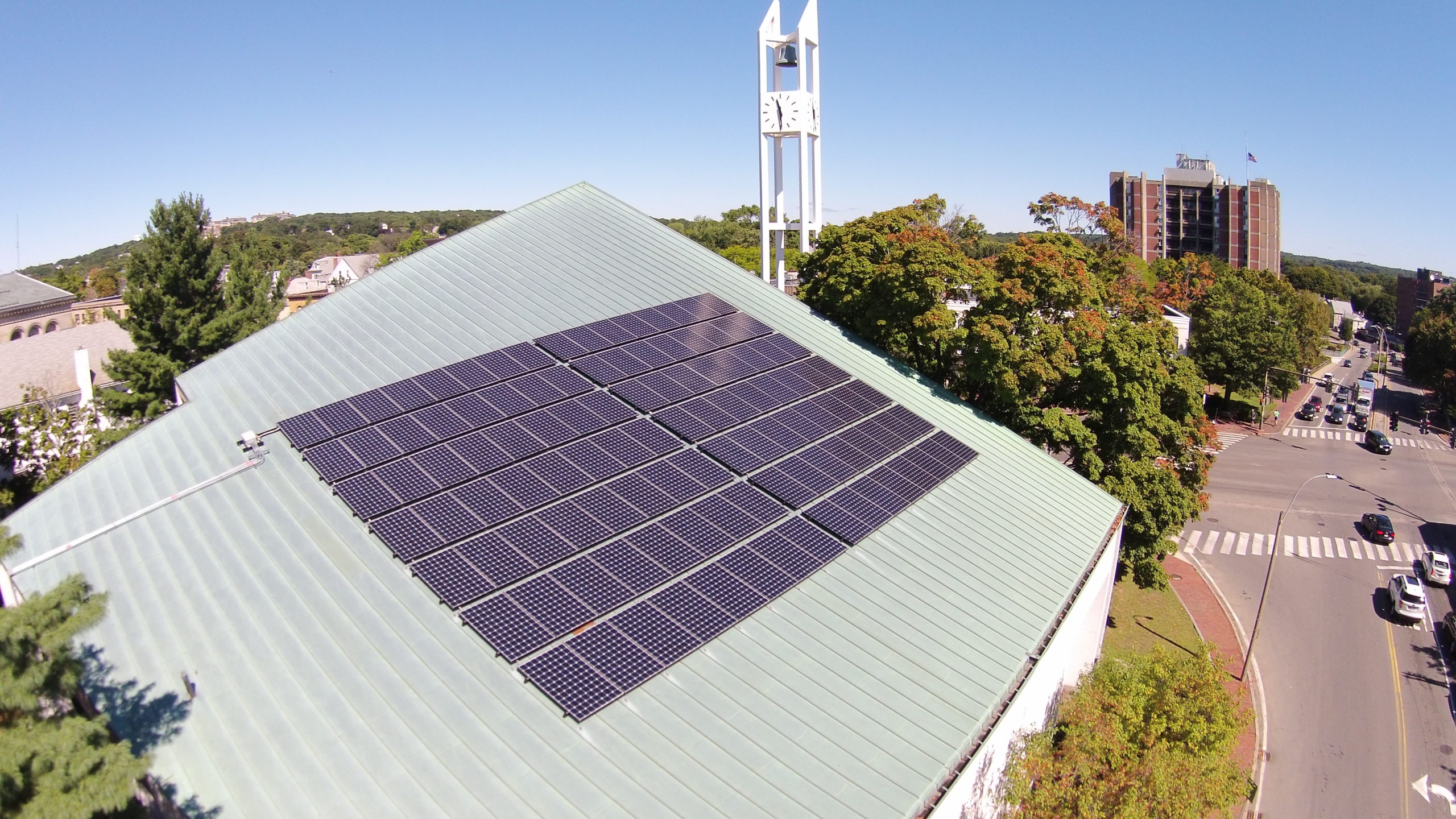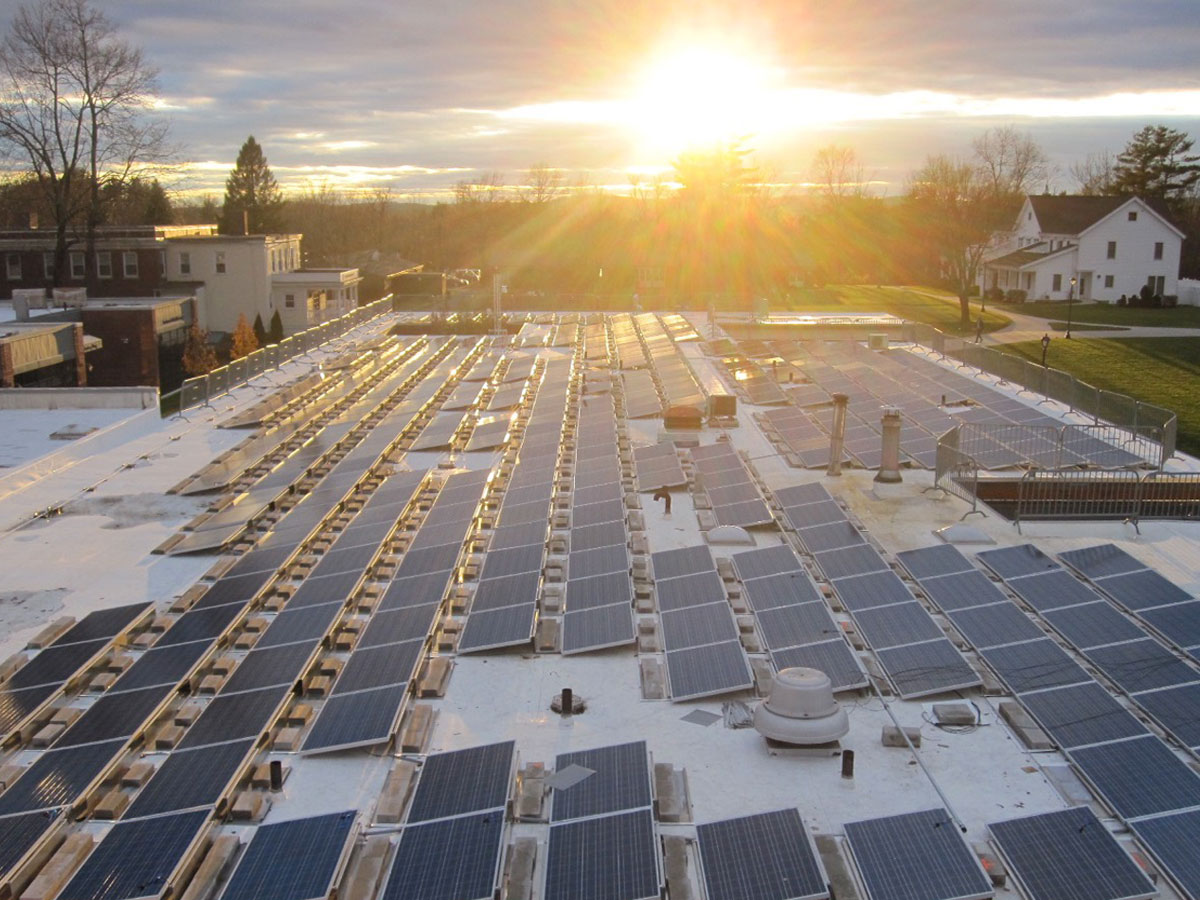Nonprofits

As a nonprofit organization, you do great work in your community. You deserve a partner who is committed to doing great work for you.
Solar energy is the ideal choice for non-profit organizations looking to reduce rising energy costs while lowering their environmental impact—and Sunbug is the ideal partner to help guide your organization through the transition. We’ve been navigating one of the nation’s most complex regulatory landscapes since 2009, which means we’re ready to help you maximize your savings while making a positive impact on the world..
As a certified B-Corp, we take pride in helping other mission-driven organizations join the renewable energy movement. We bring a high-touch, full-service process and a well-earned reputation for standing by our work and our word, leaving you free to focus on the causes and communities you serve.







